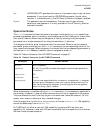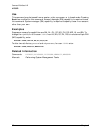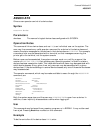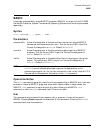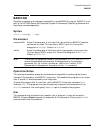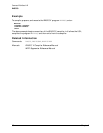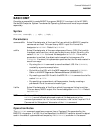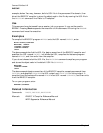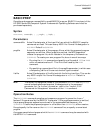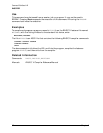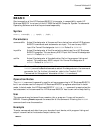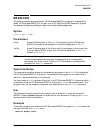
Chapter 2 89
Command Definitions A-B
BASICOMP
BASICOMP
Compiles a compatibility mode BASIC/V program. BASIC/V is not part of the HP 3000
Series 900 Computer System Fundamental Operating Software and must be purchased
separately.
Syntax
BASICOMP[ commandfile] [ ,[ uslfile] [ ,listfile] ]
Parameters
commandfile Actual file designator of the input file from which the BASIC/V compiler
commands are read. This can be any ASCII input file. Formal file
designator is BSCTEXT. Default is $STDINX.
uslfile Actual file designator of the user subprogram library (USL) file to which
the object code is written, which can be any binary output file with a file
code of USL or 1024. Its formal file designator is BSCUSL. If the uslfile
parameter is omitted, the object code is saved to the temporary file
$OLDPASS. If entered, this parameter specifies that the file was created in
one of four ways:
• By using the SAVE command to save the default USL file $OLDPASS,
created by a previous compilation.
• By building the USL with the MPE segmenter command BUILDUSL.
Refer to the MPE Segmenter Reference Manual (30000-90011).
• By creating a new USL file with the MPE/iX BUILD command and a file
code of USL or 1024.
• By specifying a nonexistent uslfile parameter, thereby creating a
permanent file of the correct size and type.
listfile Actual file designator of the file on which the program listing is written.
This can be any ASCII output file. Formal designator is BSCLIST. Default
is $STDLIST.
NOTE The formal file designators used in this command (BSCTEXT, BSCUSL, and
BSCLIST) cannot be backreferenced as actual file designators in the
command parameter list. For further information, refer to the "Implicit FILE
Commands for Subsystems" discussion of the FILE command.
Operation Notes
The BASICOMP command compiles a program from a "fastsave" file generated by the
BASIC/V interpreter. If a USL file is not specified, the BASIC/V compiler stores the object
code in the default systemcdefined temporary file $OLDPASS, as shown in the second



